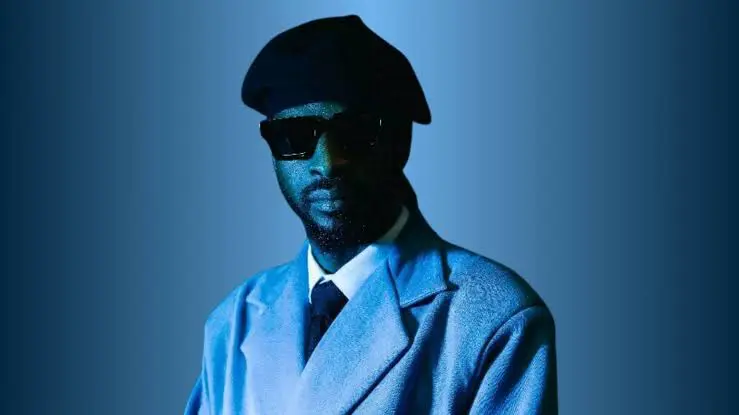Nigerian music star Alexander Adegbola Akande, known professionally as 9ice, has revealed a harrowing spiritual ordeal that nearly claimed his life over a decade ago. During a recent appearance on The Nancy Isime Show, the artist behind the 2008 Afrobeat hit Gongo Aso detailed a six-month period in 2009–2010 when he suffered unexplained episodes of vomiting blood, forcing him to flee his home. He attributed the crisis to a “spiritual attack” rather than a medical condition, describing it as one of several intense struggles he faced during his career.
Akande recounted how conventional medicine failed to provide answers, leading him to seek intervention through Ifa, a Yoruba spiritual system rooted in West African tradition. A referral to an Ifa priest—a Babalawo—reportedly ended his symptoms, marking a turning point in his life. “I just wished I had known Ifa at the beginning,” he said, reflecting on his delayed embrace of indigenous practices. The singer, who now identifies as a traditionalist, emphasized his rejection of Christianity and Islam, stating plainly, “I’m a Babalawo. I’m an African.”
When asked how he now protects himself from such challenges, Akande linked his resilience to his faith in ancestral traditions. He drew parallels to Afrobeat legend Fela Kuti, who faced ridicule for his reverence of Yoruba deities like Ogun, the god of iron. “Now, I understand,” he remarked, underscoring a broader cultural shift toward reclaiming pre-colonial beliefs.
The artist’s account highlights enduring tensions between Africa’s dominant Abrahamic faiths and its diverse spiritual heritage. While narratives of supernatural struggles are not uncommon in Nigeria’s entertainment industry, Akande’s story stands out for its detailed personal testimony and advocacy. He urged Africans to reconnect with traditional religions, framing them as integral to cultural identity.
This revelation arrives amid growing conversations across the continent about preserving Indigenous knowledge systems, particularly among younger generations. Critics, however, caution against oversimplifying complex spiritual practices or dismissing medical explanations for health crises. Still, Akande’s experience underscores the layered realities many navigate in regions where spirituality often intersects daily life. His journey—from chart-topping musician to vocal traditionalist—adds a prominent voice to debates about modernity, identity, and the enduring power of ancestral traditions in contemporary Africa.
